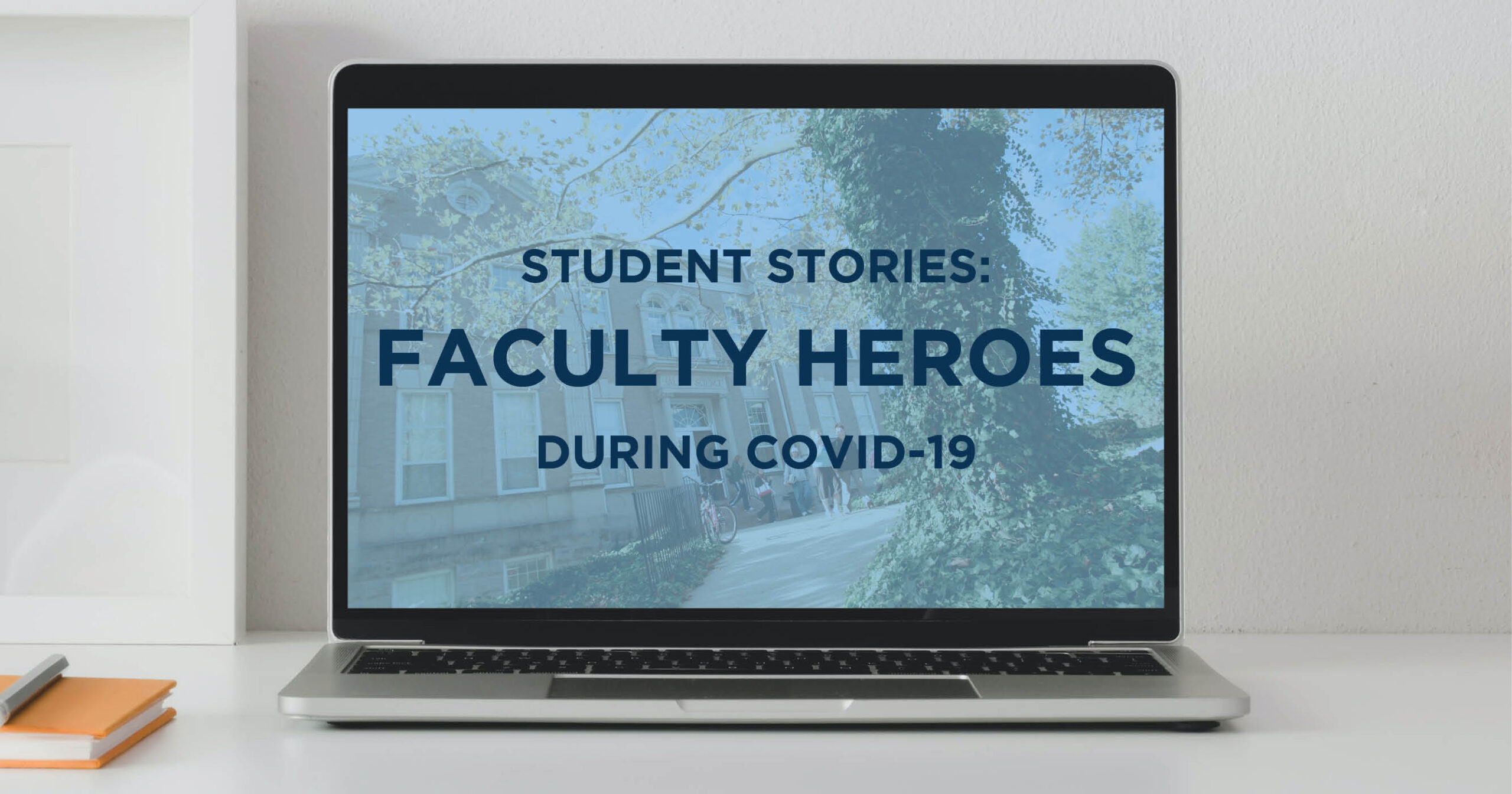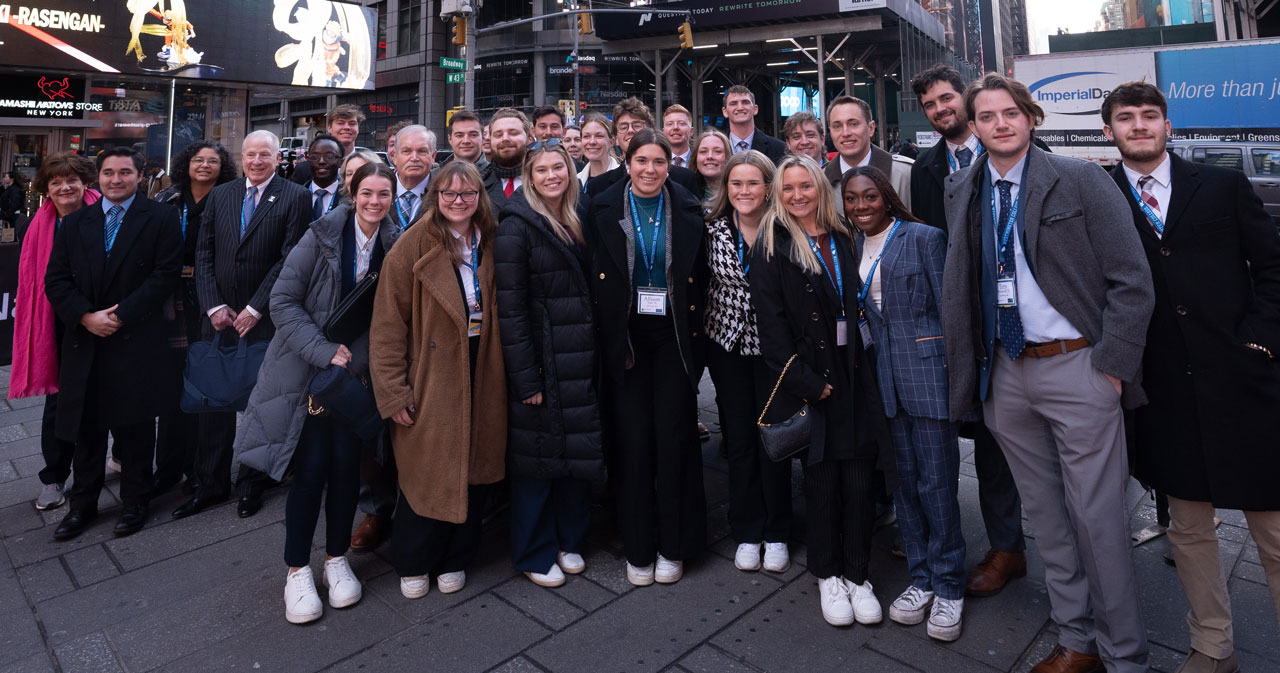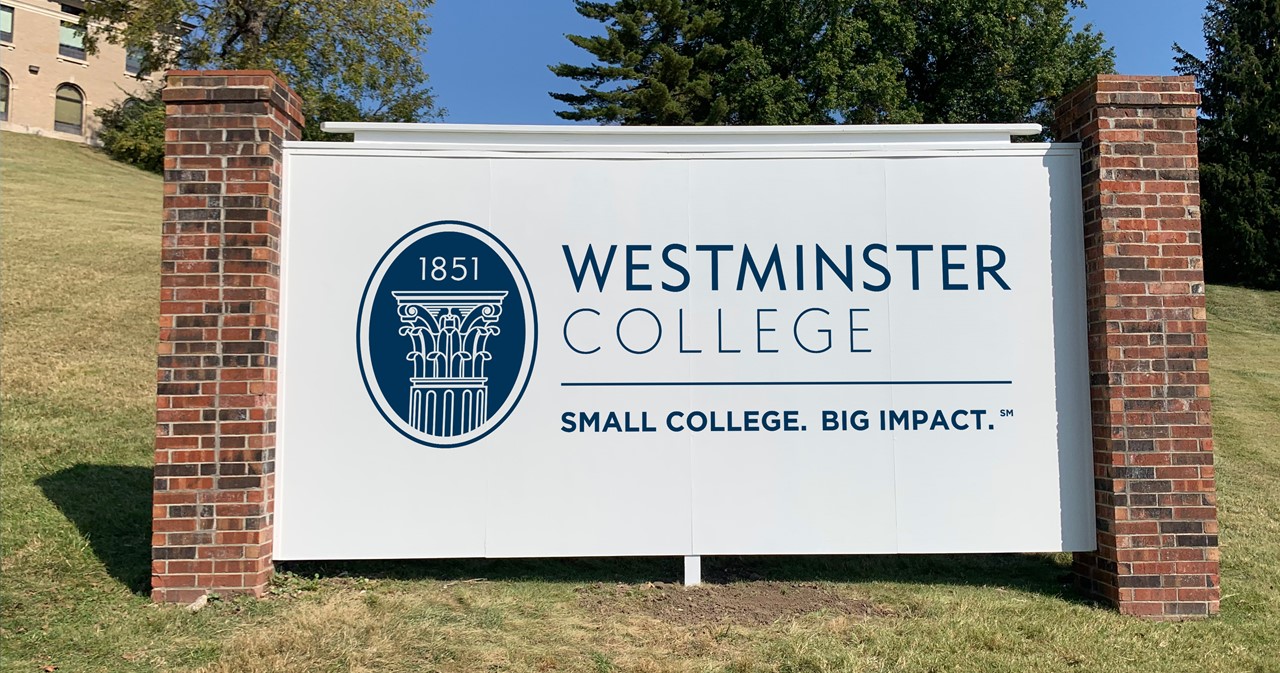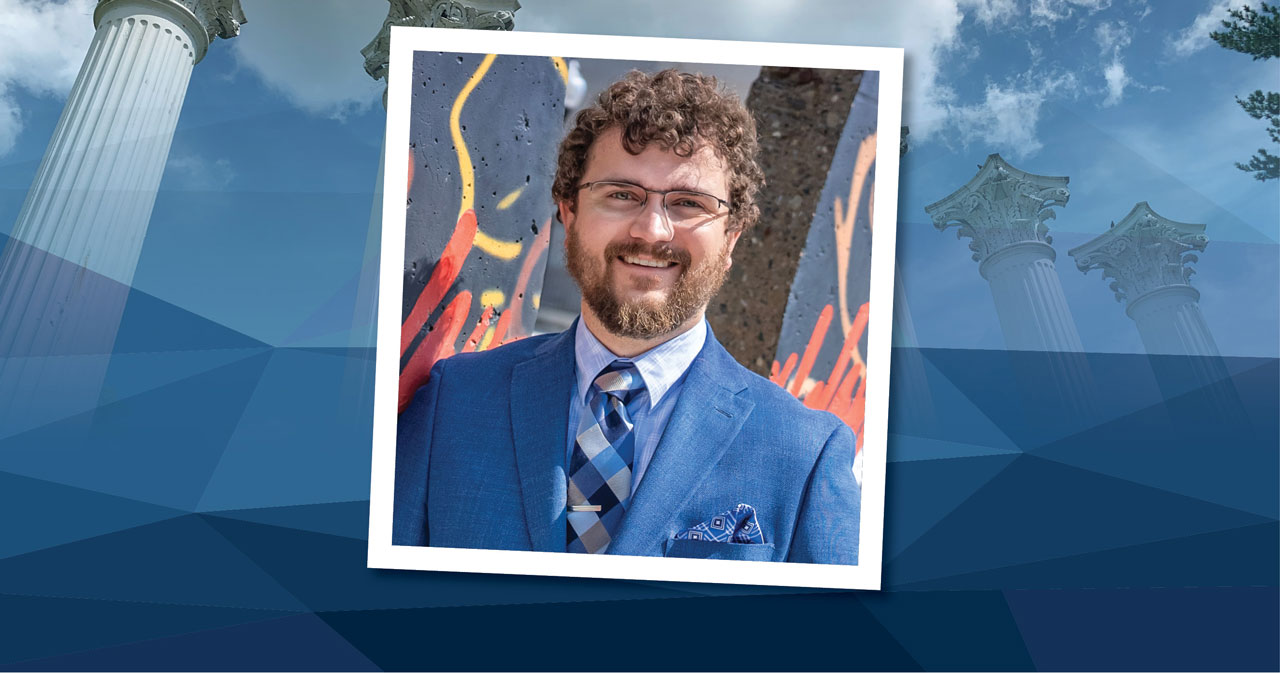By Student Storyteller Rebecca Rothermich, Class of 2022
The opportunity to make history does not come very often, yet it did for college professors across the world this spring. Because of COVID-19, they were faced with the challenge of moving classes online in a matter of days, something that has not been done to this extent before — and they accepted that challenge. One of many professors at Westminster College who handled the transition with grace is Dr. Heather Thornton McRae, Visiting Assistant Professor of History. While there were obstacles throughout the process, Dr. McRae was able to work out just the right format for her classes to continue successfully. This included online quizzes and discussions for American History and presentations on Zoom for Freshman Seminar. She even found a way to connect the current world event to history, as contradictory as that sounds. McRae did all this and more working entirely from home.
In addition to transferring quizzes, discussions, and writing responses normally done in class to Canvas, the learning management platform that Westminster uses, McRae also found a way to deliver her lectures electronically. Because all Westminster students have iPads, she used the built-in iPad app Keynote to do so. This allowed her to continue meeting students’ various learning needs. “By recording audio lectures to go with image-heavy slides, [I did] my best to incorporate aspects that work for both aural and visual learners,” McRae noted. According to American History student Riley Eisenberg, this was helpful: “Her lectures were clear…and I felt like I was still learning even from my home desk.”
McRae opted for asynchronous learning for her history classes since not all students have internet access at home. “As long as a student could access relatively high-speed internet twice a week [at a safe location], he or she could download the lectures and listen to them at their own pace,” she said. Students were able to read the assigned documents from their primary source reader on their own time, too.
Thanks to Zoom, McRae was even able to continue holding office hours. She set up a weekly time for students to join her on a Zoom meeting with questions or concerns. For anyone who needed additional help, she arranged individual appointments. Her seminar class took advantage of the video-chat service to give presentations as well.
Although McRae has taught online classes before, this situation still presented new challenges because for this semester, her classes were not initially structured for online delivery. She said, “There are some less obvious things that change with the lack of in-person interactions.” For her this means she could not give in-person reminders in class each day like she usually does. She also noted, “I can’t see my students’ face or body language as I lecture or ask discussion questions. Even if using synchronous instruction in Zoom, it is still much more difficult to quickly and adequately read faces.” Although this particular problem was one she just had to accept, she solved the daily reminder issue by sending out two emails per week to students with instructions and due dates.
McRae also did more than what was required of professors. To allow students to get started on assignments before Monday, she uploaded the weekly materials to Canvas each weekend. Additionally, she was willing to give extensions to students dealing with difficult situations such as the death of a family member or having to work 40 hours a week at an essential job. “I [did] my best to be flexible with students in order to ensure that they [were] still able to complete the course even with challenges at home,” McRae remarked.
In place of a semester-long project, McRae introduced an assignment titled “Making History”. Students were instructed to engage in a virtual discussion about what college students living 100 years from now might ask about living through this pandemic, and then come up with responses to those questions.
Ethan Talleur, another one of her history students, was appreciative of her dedication, saying, “As hard as it was for students to perform at a high level in a different setting such as this, it was even harder for professors. Dr. McRae made our transition to online classes smooth.” She gave credit to the IT staff for being “incredibly responsive” and thanked the Deans for “finding ways to soften the impacts of moving online.”
McRae believes that, as challenging as this situation was for all professors, there are positive effects: “I think that we are all much more aware of each other — students, staff, and faculty — as people outside the classroom and office … as complete human beings with families and personal lives … It has also taught us lessons in flexibility, patience, and in the importance of real human interaction,” she said. Westminster College’s spring term officially ended on May 7.
Sarah Rummel Backer is the Director of Media Relations and Senior Writer at Westminster College in Fulton, Missouri. A proud Westminster graduate, Sarah has more than 20 years of experience in marketing and strategic communications in the areas of higher education, medicine, agriculture, and the private business sector.






